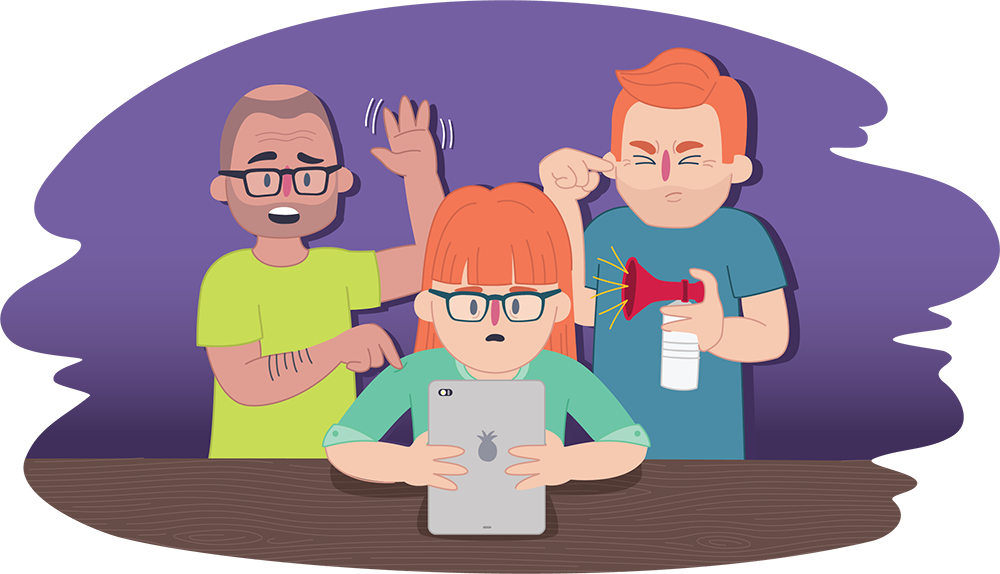Online gaming: Signs your child may be bullied
Bullying within online gaming can be a real issue. Know the signs ...
READ MEWorried that gaming is becoming a problem for your child? Here’s what you need to know about gaming addiction.

For most kids gaming is not a problem and may never be one. But for a very small amount of kids it may become a problem or an addiction.
Research is looking into whether this is an actual disorder (Gaming Disorder).
The difference between healthy gaming and addiction is the negative impact it is having on their life.
It’s important to recognise the warning signs and support your child to make a change.
It’s easy for kids to get absorbed in a game for hours and neglect chores or homework because of this; it doesn’t necessarily mean that they have an addiction. - Sky, Parentline counsellor
Some signs to watch out for that indicate gaming might become a problem for your child are:
Needing to spend more and more time playing to satisfy the urge
Using gaming to relieve or cope with problems or negative feelings
Feeling unable to focus on other activities when they’re not gaming
Having problems or arguments with family, friends, or their partner
Preoccupation with gaming, even when they’re not playing
Continuing to play even though it’s causing them problems
Playing even though they’re no longer enjoying it
Inability to reduce playing or unsuccessful attempts to quit
Having problems at home, school, work or with study because of gaming
Neglecting responsibilities and activities that are important or they enjoy
Lying to people they’re close to about how much time they spend playing
Having risked or lost friends, a job or an opportunity because of gaming
Feeling sad, angry, moody, anxious or irritable when they can’t play
Craving more time to play to get game items, make progress or improve their status
Talk to them about your worries — starting a conversation can encourage them to open up to you. - eSafety
If your child needs support encourage them to talk to a Kids Helpline counsellor. They can call us, start a WebChat or email us today.
Needing support to manage your child’s gaming habits? Try calling Parentline in your State or Territory for more support and guidance on this issue.
Online gaming: Signs your child may be bullied
Bullying within online gaming can be a real issue. Know the signs ...
READ MECyberbullying
With increasing time spent online, you might be worried about your child ...
READ MEHow Kids Helpline can help your child
Curious about what Kids Helpline does and how it can help? We’...
READ MEHow Parentline can help you
Parenting can be a tough job but also really rewarding. Talking to ...
READ METalking helps! We’re here for you.
No problem is too big or too small.
We're here 24 hours a day, 7 days a week